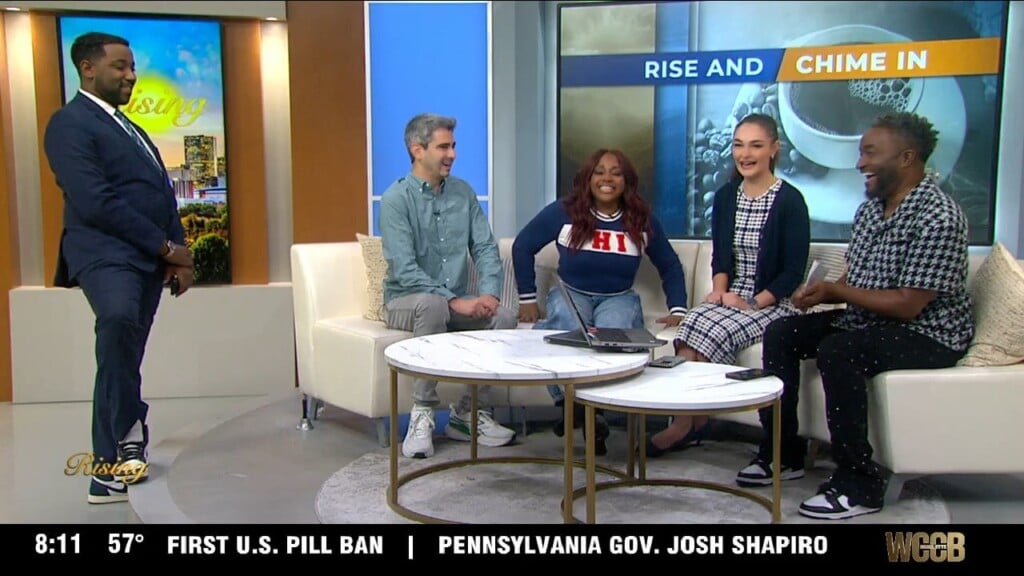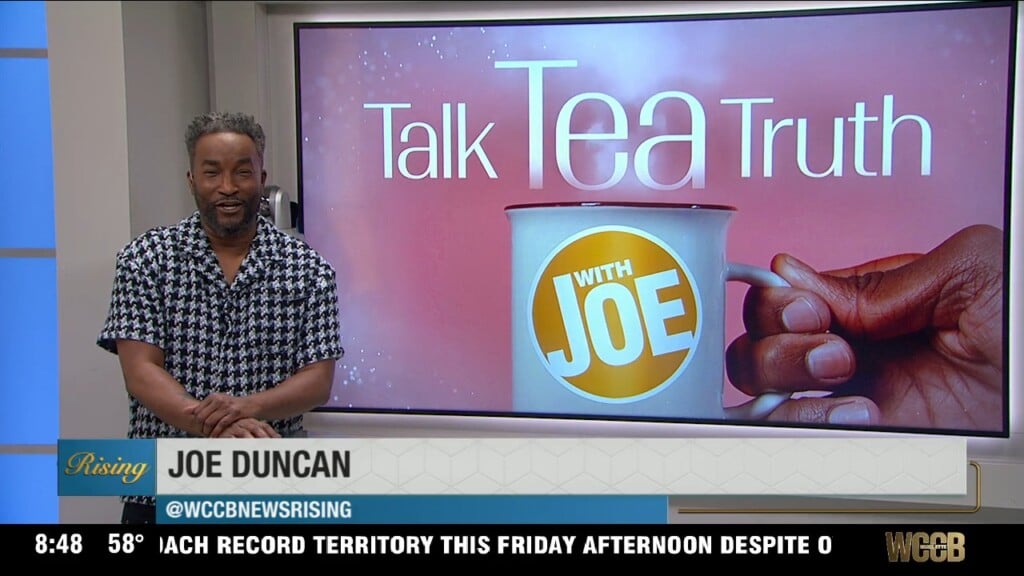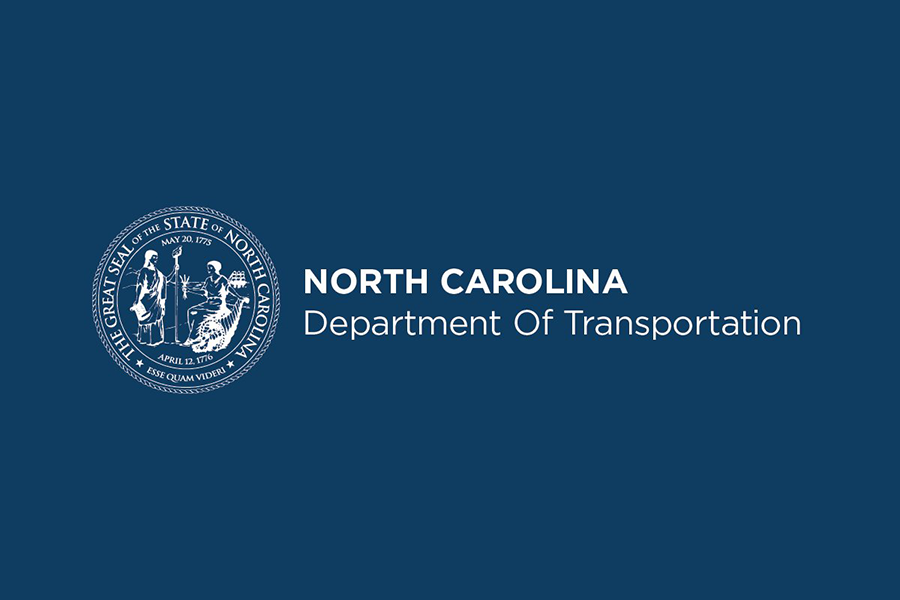EAST PROVIDENCE, RI – More than 20 states, including North Carolina, have sued President Donald Trump’s administration over billions of dollars in frozen funding for after-school and summer programs and other programs.
Aiden Cazares is one of 1.4 million children and teenagers around the country who have been attending after-school and summer programming at a Boys & Girls Club, the YMCA or a public school for free thanks to federal taxpayers. Congress set aside money for the programs to provide academic support, enrichment and child care to mostly low-income families, but President Donald Trump’s administration recently froze the funding.
The money for the 21st Century Community Learning Centers is among more than $6 billion in federal education grants Trump’s Republican administration has withheld, saying it wants to ensure recipients’ programs align with the president’s priorities.
On Monday afternoon, more than 20 Democratic-led states sued the Trump administration to force the release of the money. Led by California, the lawsuit alleges withholding the money violates the Constitution and several federal laws. Many low-income families will lose access to after-school programs if the money isn’t released soon, according to the suit. In some states, school restarts in late July and early August.
In Rhode Island, the state stepped in with funding to keep the summer programs running, according to the Boys & Girls Club of East Providence. Other Boys & Girls Clubs supported by the grants have found ways to keep open their summer programs, said Sara Leutzinger, vice president for communications for the Boys & Girls Club of America. But there isn’t the same hope for the after-school programming for the fall.
Some of the 926 Boys & Girls Clubs nationwide that run 21st Century Community Learning summer and after-school programs stand to close if the Trump administration doesn’t release the money in the next three to five weeks, Leutzinger said.
The YMCA and Save the Children say many of the centers they run are also at risk of shuttering.
“Time is of the essence,” said Christy Gleason, executive director of Save the Children Action Network, which provides after-school programming for 41 schools in rural areas in Washington state and across the South, where school will begin as soon as August. “It’s not too late to make a decision so the kids who really need this still have it.”
Schools in Republican-led areas are particularly affected by the freeze in federal education grants. Ninety-one of the 100 school districts that receive the most money from four frozen grant programs are in Republican congressional districts, according to an analysis from New America, a left-leaning think tank. Of those top 100 school districts, half are in four states: California, West Virginia, Florida and Georgia. New America’s analysis used funding levels reported in 2022 in 46 states.
Republican officials have been among the educators criticizing the grant freeze.
“I deeply believe in fiscal responsibility, which means evaluating the use of funds and seeking out efficiencies, but also means being responsible — releasing funds already approved by Congress and signed by President Trump,” said Georgia schools superintendent Richard Woods, an elected Republican. “In Georgia, we’re getting ready to start the school year, so I call on federal funds to be released so we can ensure the success of our students.”
The Office of Management and Budget said some grants supported left-wing causes, pointing to services for immigrants in the country illegally or LGBTQ+ inclusion efforts.




